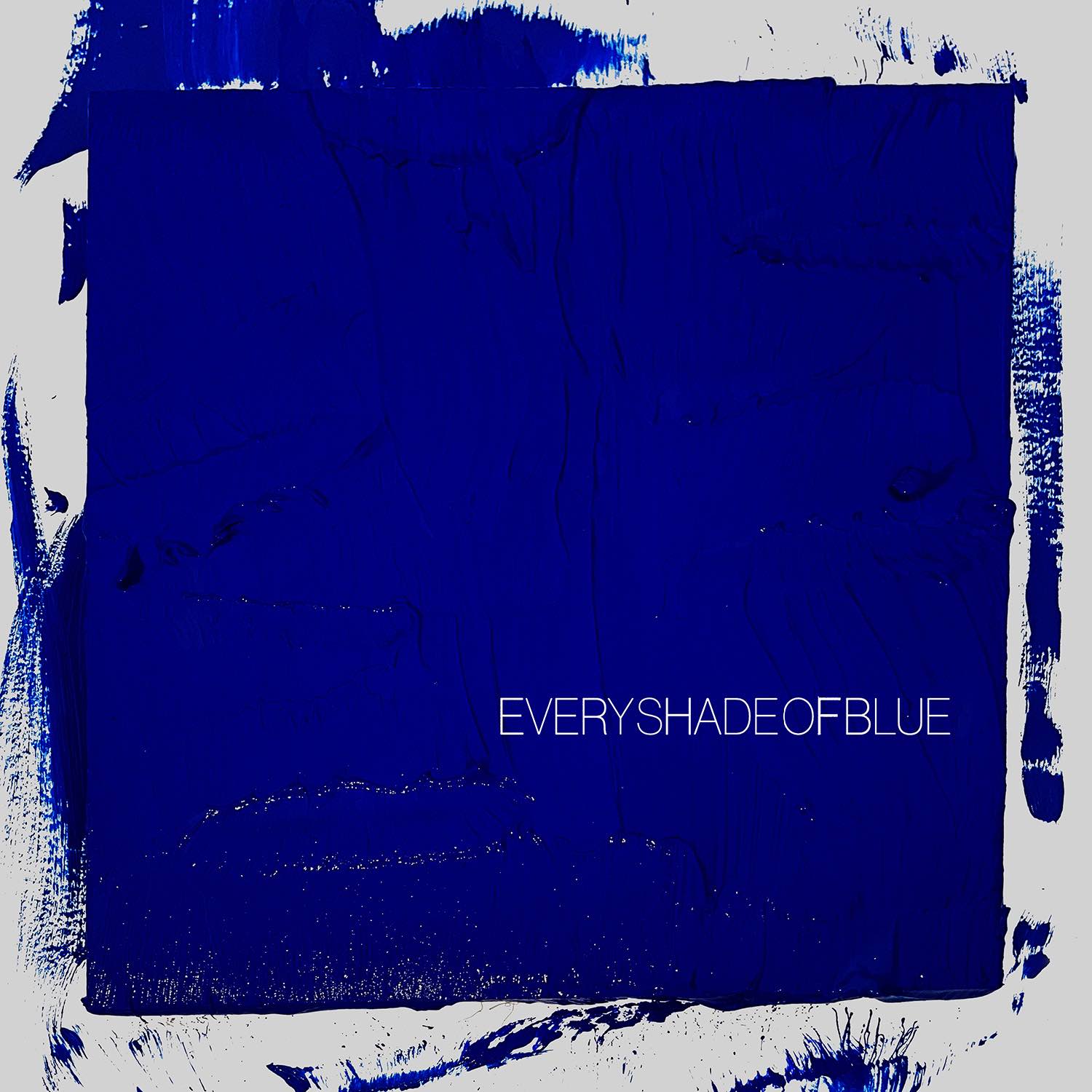The Head and the Heart
Every Shade of Blue
WARNER
Since 2009, Seattle’s The Head and the Heart have occupied a cozy and introspective space in the indie-folk canon characterized primarily by laid-back, painless narratives and gentle, campfire instrumentation. Over the years, they’ve evolved into a more sophisticated act that has, to some extent, maintained their folky facade. Yet their fifth kick at the can, the aptly named Every Shade of Blue, is a starkly mediocre effort that falls firmly within an already-crowded class of half-hearted folk-pop records that have flooded the market over the last half decade. Though not jarring in its musicianship, it could easily be more digestible—though not more substantive—if it were more compact and to the point.
Most of the record feels like an exercise in repetition, with the vast majority of the 16 tracks feeling like half-baked reimaginations of each other, whether they be twinkly tracks that sound like they could occupy the space between John Green quotes on a Tumblr feed (“Love Me Still,” “Show Your Weakness”), whispery narratives of invisible substance (“Same Hurt,” “Hurt (But It Goes Away),” “Love We Make”), or arrangements entirely lacking in personality (“Starstruck,” “Enemy Lines”).
To their credit, Josiah Johnson and company do gift listeners with stimulating moments that occasionally make the 57-minute LP worth the listen—“Virginia (Wind in the Night)” thumps satisfyingly and contains a sneakily catchy chorus, while “Taking My Time (Wrong Woman)” strips back the glitzy production to create a genuinely organic and raw atmosphere. The title track is quietly majestic and well-layered, and “Paradigm” is interesting in its rhythmic approach.
But at the end of the day, Every Shade of Blue is destined to be cast aside along with the oodles of other overproduced pop-rock records that overstay their welcome in an overly grandiose fashion. Though it clearly strives to be warm, fuzzy, and uplifting in its relatability, Every Shade of Blue instead mostly comes across as formulaic, stiff, and forgettable in its plodding pop ennui. It’s not an unpleasant listen by any stretch, but its mediocrity is unlikely to evoke any profound emotion in anyone who gives it a chance.







